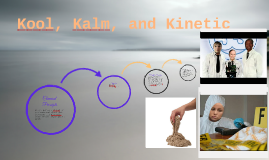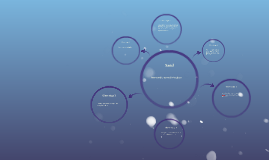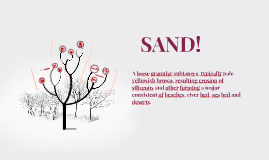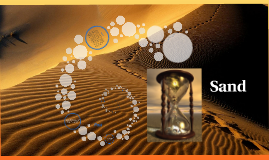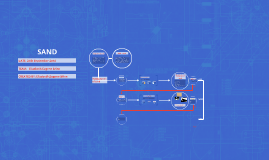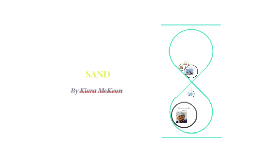Sand
Transcript: Past Present Even though our time living is miniscule compared to the time we spend dead, we always make an impact on the human race. Similar to the movement of sand on a desert, we move place to place like a traveler settling in one location to another. Humans discover and travel leaving their marks on the rest of humanity from the ground we step on to the air we breathe. With time, sand slowly covers up the older sand burying it deep much like how human generations take the place of older generations. Future “Sand grains bang about in deserts and wear down their angles.” (Dillard 101) "Air routinely carries intimate fragments of rug, dung, carcasses, leaves and leaf hairs, coral, coal, skin, sweat, soap, silt, pollen, algae, bacteria, spores, soot, ammonia, and spit, as well as 'salt crystals from ocean white-caps, dust scraped off distant mountains, micro bits of cooled magma blown from volcanoes and charred microfragments from tropical forest fires.'" (Dillard 124) Theme “Mostly, the continents’ streams and rivers make sand. Streams, especially, and fast rivers bear bouncing rocks that knock the earth, and break themselves into sharp chips of sand.” (Dillard 67) “Time had stuffed Peking man, and all his pomps and works, down a red fissure in a blue cave wall at Zhoukoudian.” (Dillard 146) “Under that wall’s foundation, he learned over years of digging, was another high wall, and—oops—another, and another.” (Dillard 125) “New sand is young and sharp.” (Dillard 100) Sand “Mostly, waves and longshore currents spread river sand coastwise, and longshore currents spread river sand coastwise, and waves fling it back at the continents’ feet.” (Dillard 68)






